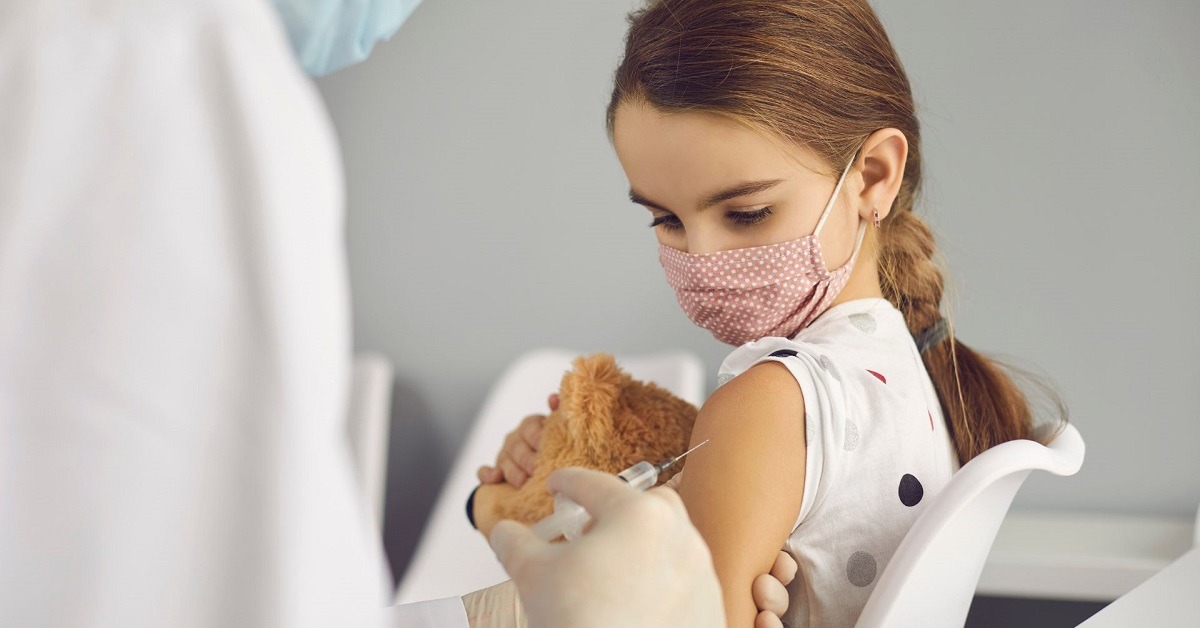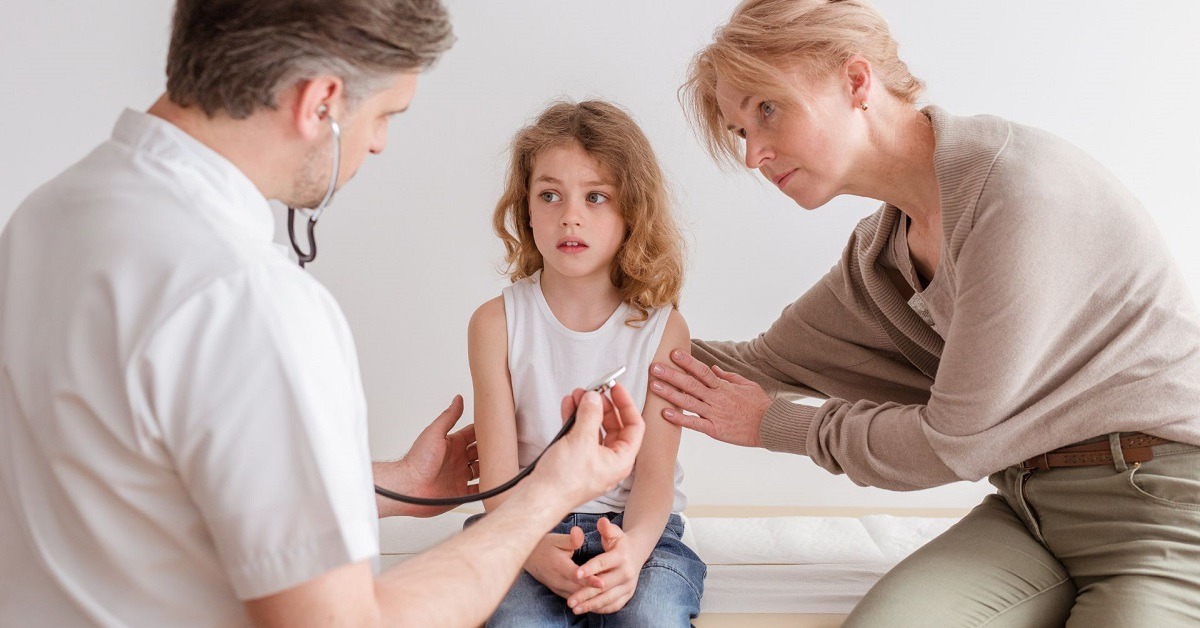
Pneumonia is the swelling (inflammation) of lung tissue in one or both lungs. It’s typically caused by a viral or bacterial infection. It’s important to protect yourself against the disease before travelling outside the country; especially if you are going to where the infection is widespread. Getting a pneumococcal vaccine in Northampton can help keep your children and you safe from the infection as you travel.
Symptoms of pneumonia
Pneumonia symptoms may appear rapidly over the course of 24 to 48 hours, or more gradually over the course of several days.
Common symptoms of pneumonia include:
– A cough – which may be dry, or produce a thick yellow, green, brown, or blood-stained mucus (phlegm)
– Sweating and shivering
– Loss of appetite
– Rapid heartbeat
– Chest pain – which gets worse when breathing or coughing
– High temperature
– Difficulty breathing – your breathing may be rapid and shallow, and you may feel breathless, even when resting
– Feeling generally unwell
Less common symptoms include:
– Coughing up blood (haemoptysis)
– Feeling sick or being sick
– Fatigue
– Joint and muscle pain
– Headaches
– Feeling confused and disorientated, mostly in older people
– Wheezing

What causes pneumonia?
The most common cause of pneumonia is a bacterial infection.
Other kinds of pneumonia, outside bacterial pneumonia, include:
– Viral pneumonia – pneumonia brought on by a virus, such as coronavirus.
– Aspiration pneumonia – brought on by inhaling vomit, a foreign object like a peanut, or a dangerous agent like smoke or a chemical.
– Fungal pneumonia – is uncommon in the UK and more common in persons who have compromised immune systems.
– Hospital-acquired pneumonia – pneumonia that occurs when a patient is receiving treatment for another illness or undergoing surgery. Patients in critical care who are using breathing apparatus are especially vulnerable to getting ventilator-associated pneumonia.
The pneumococcal vaccine in Northampton
The pneumococcal vaccine offers protection from serious and perhaps fatal pneumococcal infections. It is also referred to as the pneumonia vaccine.
Streptococcus pneumoniae, a bacterium, is responsible for pneumococcal infections. This can result in pneumonia, blood poisoning (sepsis), and meningitis.
At their worst, they can lead to death or inflict lifelong brain damage.
Who should get the pneumococcal vaccine?
Pneumococcal infections can affect anyone. However, some individuals are at a higher risk of developing a serious illness, hence it is advised that they receive pneumococcal immunisation through the NHS.
These include:
– People travelling to countries where the infection is common
– Babies
– Individuals aged 65 and above
– Children and persons with particular chronic health conditions, for example, a serious heart or kidney condition
Babies get 2 doses of pneumococcal vaccine, at 12 weeks and at 1-year-old.
Adults aged above 65 years only require a single pneumococcal vaccination. However, this jab is not given annually like the flu vaccine.
Depending on your underlying medical condition, you could only require a single, one-time pneumococcal vaccination or one every five years if you have a chronic health condition.

Types of pneumococcal vaccine
Depending on your age and condition, you may receive several types of pneumococcal vaccines. There are two varieties.
– As part of the NHS immunisation schedule, infants younger than two years old are given the pneumococcal conjugate vaccine (PCV). Its brand name is Prevenar 13.
– The Pneumococcal Polysaccharide Vaccine (PPV) is administered to those 65 years of age and older, as well as to those who are at high risk due to pre-existing medical conditions.
From the age of two years old, children who are at risk for pneumococcal infections can receive the PPV vaccine. When given to children under the age of two, the PPV vaccine is not highly effective.
Effectiveness of the pneumococcal vaccine
The pneumococcal vaccine has excellent results in children.
Pneumococcal illness has significantly decreased as a result of the addition of this vaccine to the NHS paediatric vaccination programme.
The effectiveness of the jab in preventing pneumococcal illness in older children and adults is estimated to be between 50 and 70 percent.
There are no live organisms present in either type of pneumococcal vaccine; they are both “killed” and inactivated vaccines. The illnesses they defend against cannot be caused by them.

How does the pneumococcal vaccine work?
Your body is stimulated to develop antibodies against pneumococcal bacteria by both forms of pneumococcal vaccine. The body makes proteins known as antibodies that fight off or eliminate pathogens and toxins.
In the event that you contract the germs, they prevent you from getting sick.
The pneumococcal bacterium has been divided into more than 90 distinct strains, although the majority of these strains do not result in life-threatening illnesses.
The pneumococcal bacterium has 13 different strains, but the adult vaccine (PPV) protects against 23 different strains.
Side effects of the vaccine
The pneumococcal vaccine for children and adults can occasionally have minor adverse effects.
These consist of:
– A slightly increased temperature
– Swelling and redness at the injection site
Other than the exceedingly rare chance of a severe allergic reaction (anaphylaxis), neither the childhood nor adult versions of the vaccine have any serious adverse effects.
Book your appointment with Croyland Pharmacy today to get your pneumococcal vaccine in Northampton before travelling.
